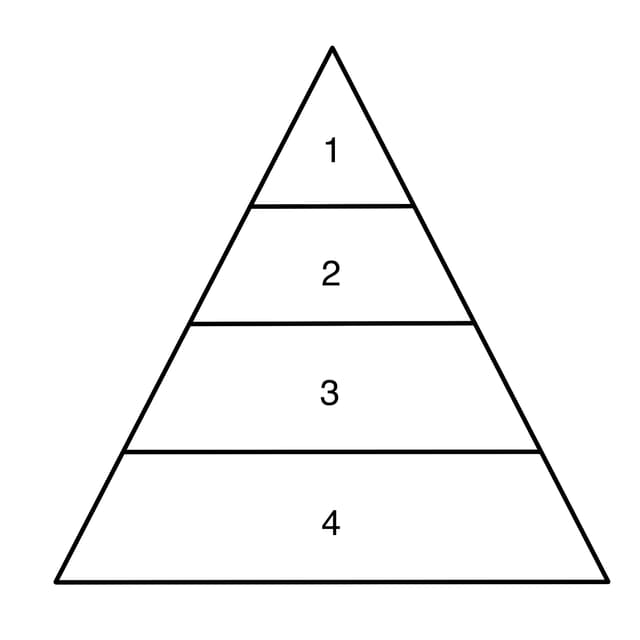Myths about teaching can hold you back
- Year 8
The causes of the English Civil War
I can explain how Charles I angered Parliament, which was the main cause of the English Civil War.
- Year 8
The causes of the English Civil War
I can explain how Charles I angered Parliament, which was the main cause of the English Civil War.
These resources were made for remote use during the pandemic, not classroom teaching.
Switch to our new teaching resources now - designed by teachers and leading subject experts, and tested in classrooms.
Lesson details
Key learning points
- Charles I believed in the Divine Right of Kings
- Parliament was angered by Charles I's religious, financial and political policies
- Parliament produced the Grand Remonstrance in 1641 to convey its many complaints to Charles I
- The Grand Remonstrance was published as a pamphlet to help Parliament put pressure on the king to make changes
Keywords
Divine - if something is divine it is connected to God
Parliament - Parliament is made up of politicians who vote on laws and taxes
Remonstrance - a remonstrance is a very critical protest
Pamphlet - pamphlets are small booklets offering information or arguments about a specific topic
Papist - Papist was an insulting word used to refer to Catholics
Common misconception
Parliament in the 17th century was similarly superior to the monarch as it is today
Parliament was there to assist the monarch but they could rule without it and did not consider it an equal to themselves
To help you plan your year 8 history lesson on: The causes of the English Civil War, download all teaching resources for free and adapt to suit your pupils' needs...
To help you plan your year 8 history lesson on: The causes of the English Civil War, download all teaching resources for free and adapt to suit your pupils' needs.
The starter quiz will activate and check your pupils' prior knowledge, with versions available both with and without answers in PDF format.
We use learning cycles to break down learning into key concepts or ideas linked to the learning outcome. Each learning cycle features explanations with checks for understanding and practice tasks with feedback. All of this is found in our slide decks, ready for you to download and edit. The practice tasks are also available as printable worksheets and some lessons have additional materials with extra material you might need for teaching the lesson.
The assessment exit quiz will test your pupils' understanding of the key learning points.
Our video is a tool for planning, showing how other teachers might teach the lesson, offering helpful tips, modelled explanations and inspiration for your own delivery in the classroom. Plus, you can set it as homework or revision for pupils and keep their learning on track by sharing an online pupil version of this lesson.
Explore more key stage 3 history lessons from the The English Civil War: what can pamphlets tell us about 17th century politics? unit, dive into the full secondary history curriculum, or learn more about lesson planning.

Content guidance
- Depiction or discussion of violence or suffering
Supervision
Adult supervision recommended
Licence
Prior knowledge starter quiz
6 Questions
Q1.What does the word monarch refer to?
Q2.True or false? England has only had a monarchy since the Norman Conquest.
Q3.Which of the following words best describes a challenge to the power of a monarch by their own subjects?
Q4.What is the name of the group of politicians who supported English monarchs in making laws and taxes?
Q5.Write the missing word. During the Reformation, England went from being a __________ country to being a Protestant country.
Q6.Which group would be represented at the top of a social pyramid of feudal society? The top of the social pyramid is represented by row 1 in the image.

Assessment exit quiz
6 Questions
Q1.Who was the English monarch when the English Civil War broke out?
Q2.Match the key words with their correct definitions.
related to God
a very critical protest
insulting word used to refer to Catholics
group who vote on laws and taxes


